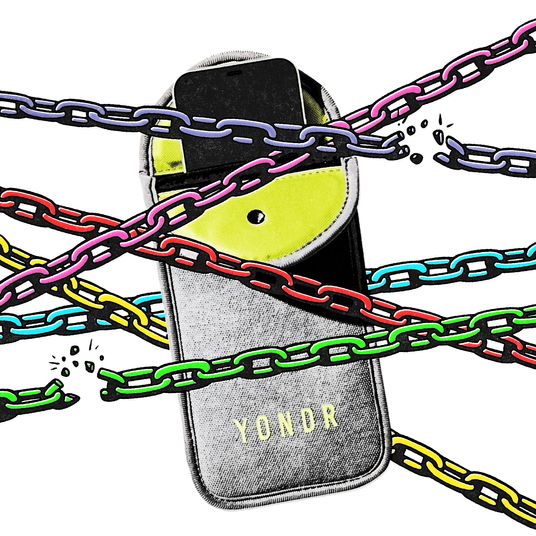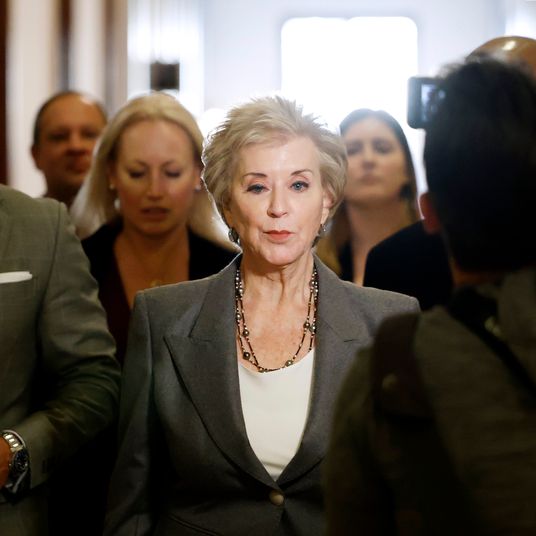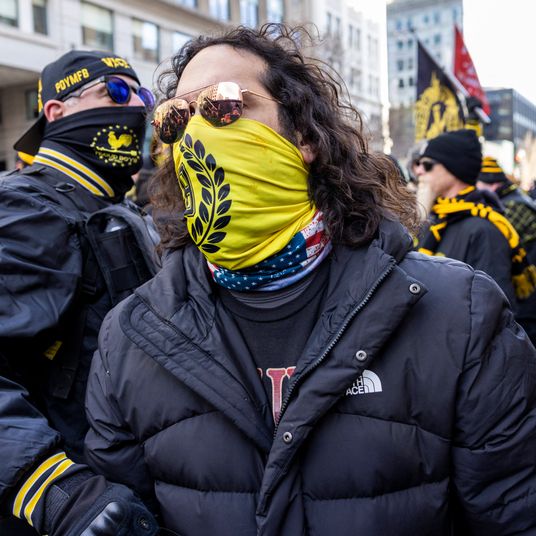
On Thursday, Facebook took down dozens of Trump campaign ads featuring a downward-pointing red triangle — a symbol used by Nazis to identify political prisoners in concentration camps — for violating the social media platform’s policy against “organized hate.”
The symbol, initially used to designate Communists, Social Democrats, and Freemasons, was repurposed in the Trump campaign ads to call attention to “dangerous MOBS of far-left groups” including antifa, the loose anti-fascist movement that the president has blamed for violence following the police killing of George Floyd, despite a lack of evidence for the claim. The symbol was run on ads on pages for the president and vice-president, and on ads and in organic posts for the “Team Trump” Facebook page.
“Our policy prohibits using a banned hate group’s symbol to identify political prisoners without the context that condemns or discusses the symbol,” a Facebook representative told the Washington Post. Defending the campaign’s decision, spokesman Tim Murtaugh told the Wall Street Journal that the “inverted red triangle is a symbol used by Antifa, so it was included in an ad about Antifa.” He added that the triangle is not included in the Anti-Defamation League’s database of hate symbols.
However, the triangle is not an image commonly affiliated with the autonomous movement, and the ADL’s CEO, Jonathan Greenblatt, denounced the campaign’s ad. “Whether aware of the history or meaning, for the Trump campaign to use a symbol — one which is practically identical to that used by the Nazi regime to classify political prisoners in concentration camps – to attack his opponents is offensive and deeply troubling,” Greenblatt said in a statement. A spokesperson for the ADL also told the New York Times that their database is for images “used by modern extremists and white supremacists in the United States” and that it is not meant to serve as a historical collection of Nazi symbols.
While Trump ads have been removed from the platform before — in March, Facebook deactivated ads that spread misleading information about the census — the campaign’s imagery comes as part of a recent trend of alarming historical coincidences put forward by the president. Before changing the date, Trump announced last week that his first rally since the coronavirus shutdown would be held on Juneteenth in Tulsa, a city still coming to terms with the legacy of its 1921 race massacre. (Trump is also scheduled to accept the Republican nomination in Jacksonville, Florida, on the 60th anniversary of the city’s Ax Handle Saturday, when white assailants organized by the KKK attacked peaceful black demonstrators.) Days later, Trump announced his administration would attempt to roll back health-care protections for transgender patients on the fourth anniversary of the Pulse shooting, the deadliest act of violence against LGBT Americans in U.S. history. Upon closer inspection, or through the lens of paranoia — assuming past racist dogwhistles and apologia for white nationalists are all coincidences — the ad buy is even more concerning. As Recode notes, the campaign ran 88 of these ads, a number that serves as a code for “heil Hitler” among neo-Nazis and white nationalists.






























